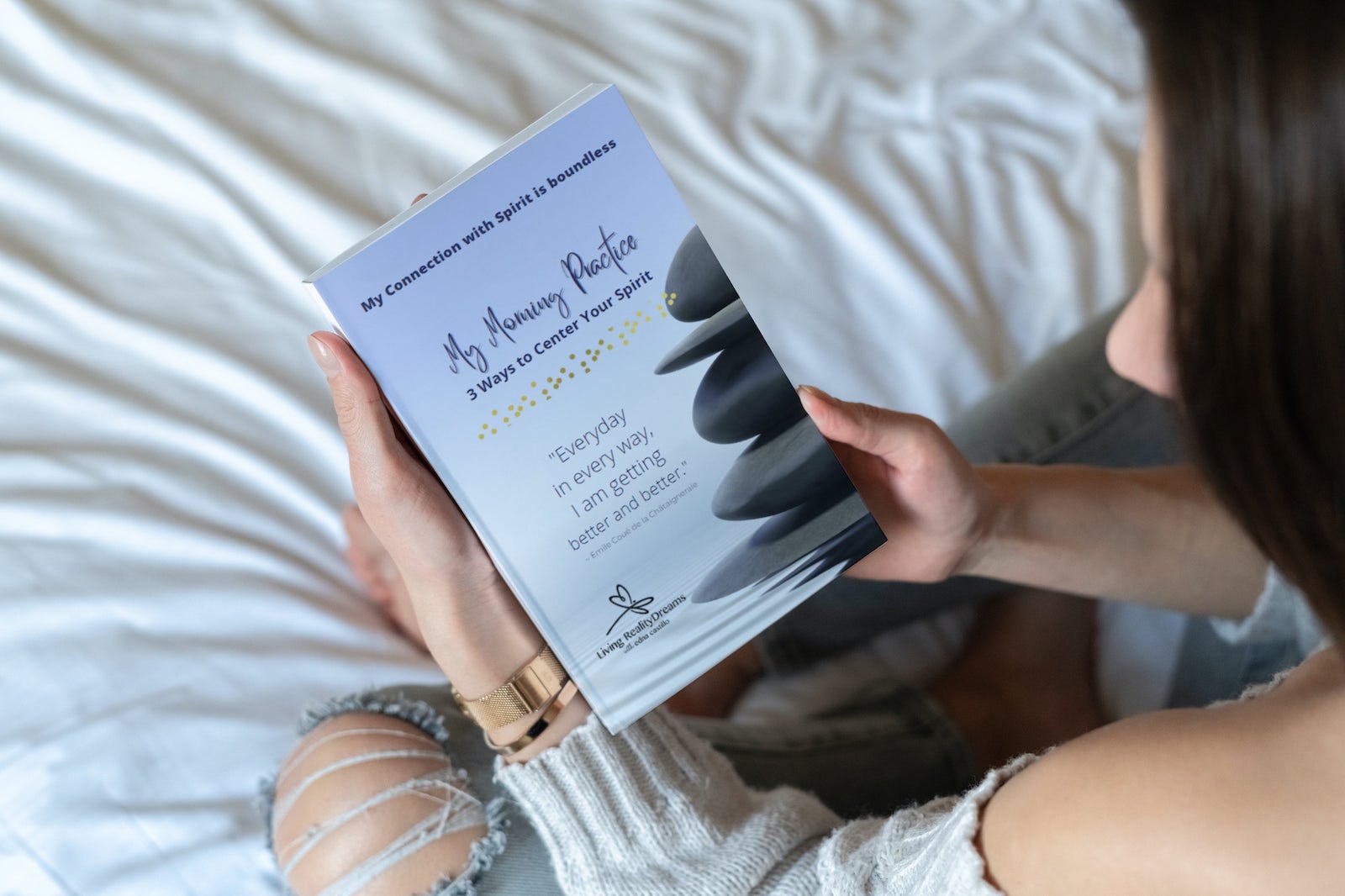Are You A Natural Or An Impostor

What can you do to avoid being the victim of Impostor Syndrome?
What is Impostor Syndrome?
It is a psychological phenomenon when you doubt your accomplishments and skills and are afraid of being exposed. Studies show this occurs in 70 % of people, not gender bias. It tends to occur in high-achieving individuals who, despite their focused efforts believe their achievements are a fluke, not deserved, or overstated by others.
Impostor Syndrome is detrimental to your success if it persists in haunting you. It can undermine and sabotage you. It can stop you from pursuing what you want since it interferes with your belief and self-image.
Feeling like an impostor has become more and more talked about, making it easier to understand, and more people identify with the diagnosis. It is the awareness of seeing ourselves in a different light than our norm, out of our realm, or uncomfortable with the attention we are receiving. We then tend to think that we will need to keep this “pretense” because it is somehow not us; it is not real.
Why do we feel like an impostor?
You have values and beliefs that come from your upbringing; they are the paradigms you adopted from the environment where you grew up. Your past successes, failures, experiences, and relationships contribute to your beliefs. Suppose you see things are difficult for a family member. In that case, you may tend to believe that you will have the same experience, or if you were told certain things when you grew up, the recorded message of that belief is instilled in your subconscious mind, and it is now part of the things you tell yourself.
The limiting belief that you deserve a good life, to succeed, to have a loving relationship, to live comfortably, and have a successful career are all evidence of the glass ceiling that you’ve unconsciously placed in your way to getting what you want.
Your sense of being worthy is what is playing out to make you feel like an impostor. So, it is critical to discover where you’ve placed limitations as part of your thinking. This is sneaky and nuanced; you need to dig deep in your thinking to uncover the nuggets that have the power to set you free.
For instance, because of my religious upbringing, the way I was raised, and one of my idols when I was growing up was a person who lived with very few possessions yet a vibrant spiritual life; I believed that God was closer to the poor than the rich. This thinking affected my ability to have financial success; after all, I did not want to lose my connection with God. Despite wishing to succeed and taking steps towards the goal, the voice in my subconscious mind needed to be repattern so I would not sabotage my success.
How do you avoid falling into impostor syndrome in the first place?
Having a healthy self-image and your higher power. The author of Psycho-Cybernetics, Dr. Maxwell Maltz, believed, “You can never outperform your self-image.” Your thoughts, ideas, and feelings about your abilities and self-worth dictate what is possible for you. This means to believe in yourself and stretch your belief about what you can achieve. Infinite intelligence supports you, and when you are tuned to its works within, you bring about the vision, dream, desire, and goal you’ve had in your heart.
The late Bob Proctor used to say, “If you see it in your mind, you will hold it in your hand.” There is nothing that is not possible in the mind of God, so your self-image and self-worth require an adjustment to see yourself as worthy and capable of achieving what you are seeking to acquire.
Avoid impostor syndrome by staying close to the facts.
As a daily practice, either in a journal or running list, take a few minutes per day to acknowledge your wins or successful moments. We tend to be critical of what we do, so counteract that by growing your muscle by seeing the good, fabulous, outstanding, and incredible successes you have. This will help you with your self-image and truly see your talents.
Could you let go of perfectionism? The need to be perfect feeds into the idea of overdoing and the expectations that others may have about us. Perfectionism can be a symptom of fear and wanting to ensure we are not discovered. Being perfect is a fallacy that you can’t fulfill. Our inner critic will not let us be happy with things as they are. It will forever chase perfection, so let it go.
Be authentic and share your successes and failures with pride and self-compassion. You are human, and in the human experience, failure is part of the formula of success. If you do not fail, you will not know when you should pivot or make changes. Seeing failure as feedback on our way to success keeps us close to the facts. It resets the expectation of our false supernatural abilities that can lead to feeling like an impostor.
Staying honest with yourselves and sharing your authentic self with others helps us build stronger relationships, builds our self-image and esteem, and stops us from being a victim of impostor syndrome.
What to do when you experience impostor syndrome?
The most important thing you can do to overcome impostor syndrome is to face it; call a duck a duck. Seeing it for what it is, helps you connect to your truth; you are capable of so much more than you know. You’ve accomplished something admirable and even though you may want to pinch yourself, know there is a power breathing you. The accomplishment was the co-creation of your desires, now made manifest.
Take time to celebrate it! Celebrating it as a win and documenting it alongside all the other attainments on your belt is essential. Yes, you feel uncomfortable; this is the thermostatic setting of the goodness you’ve allowed into your life. This is stretching you; it is stretching your self-image.
Share the winnings and acknowledge everyone that helped you get to this place. Being grateful for the goodness in your life and sharing it with others by recognizing others’ contributions lets you stay connected. Your win is their win; when you all win, there are no impostors in the room; everyone belongs. And you are exactly where you are meant to be, and you are a natural in this setting.
Congratulations!









